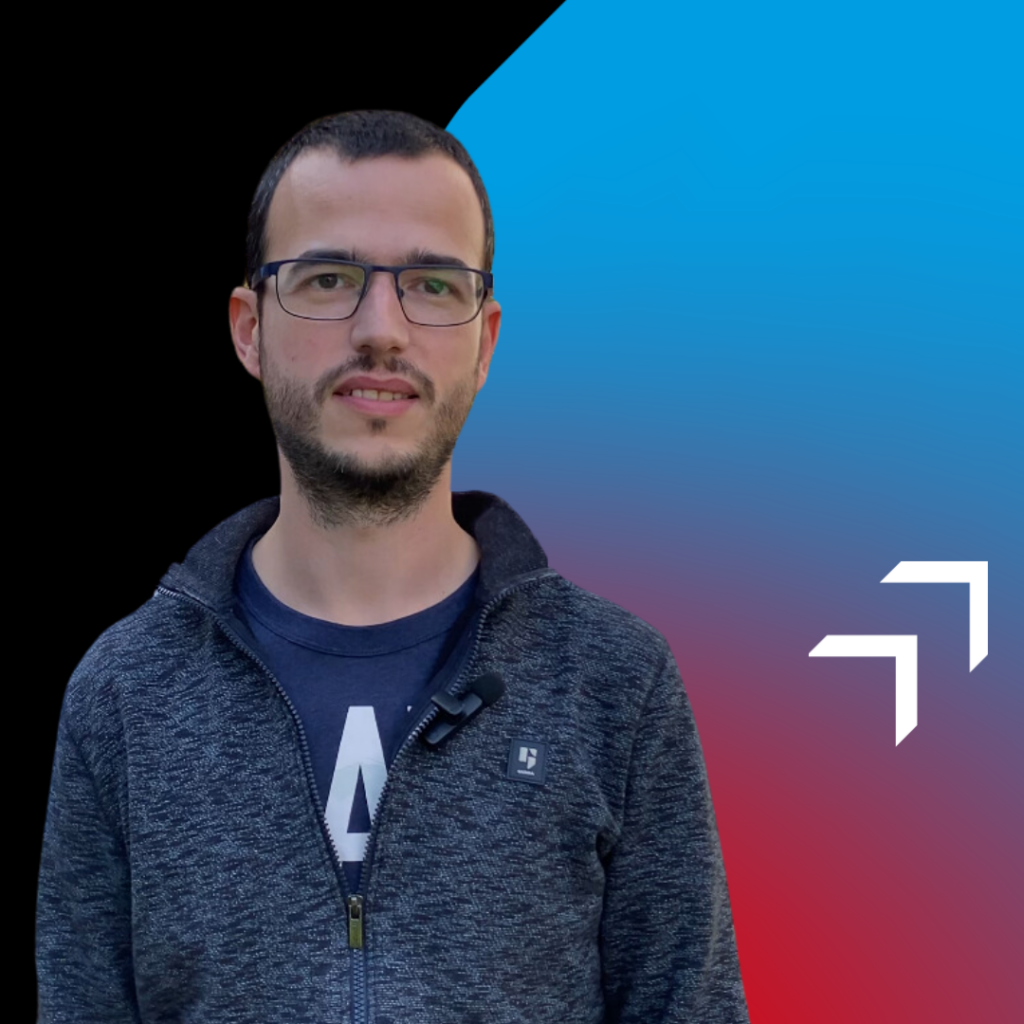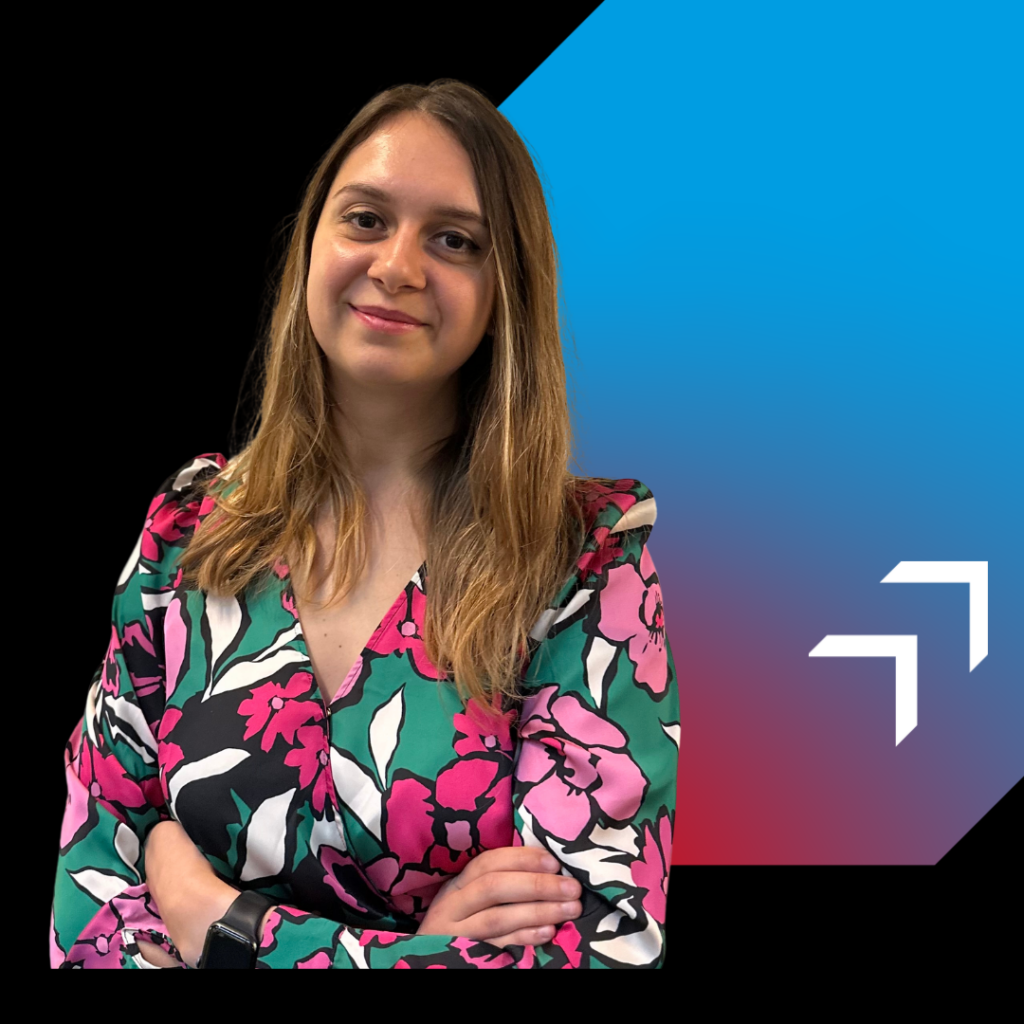In conversation with our young researchers: Jordanne Edwards
17 June 2022
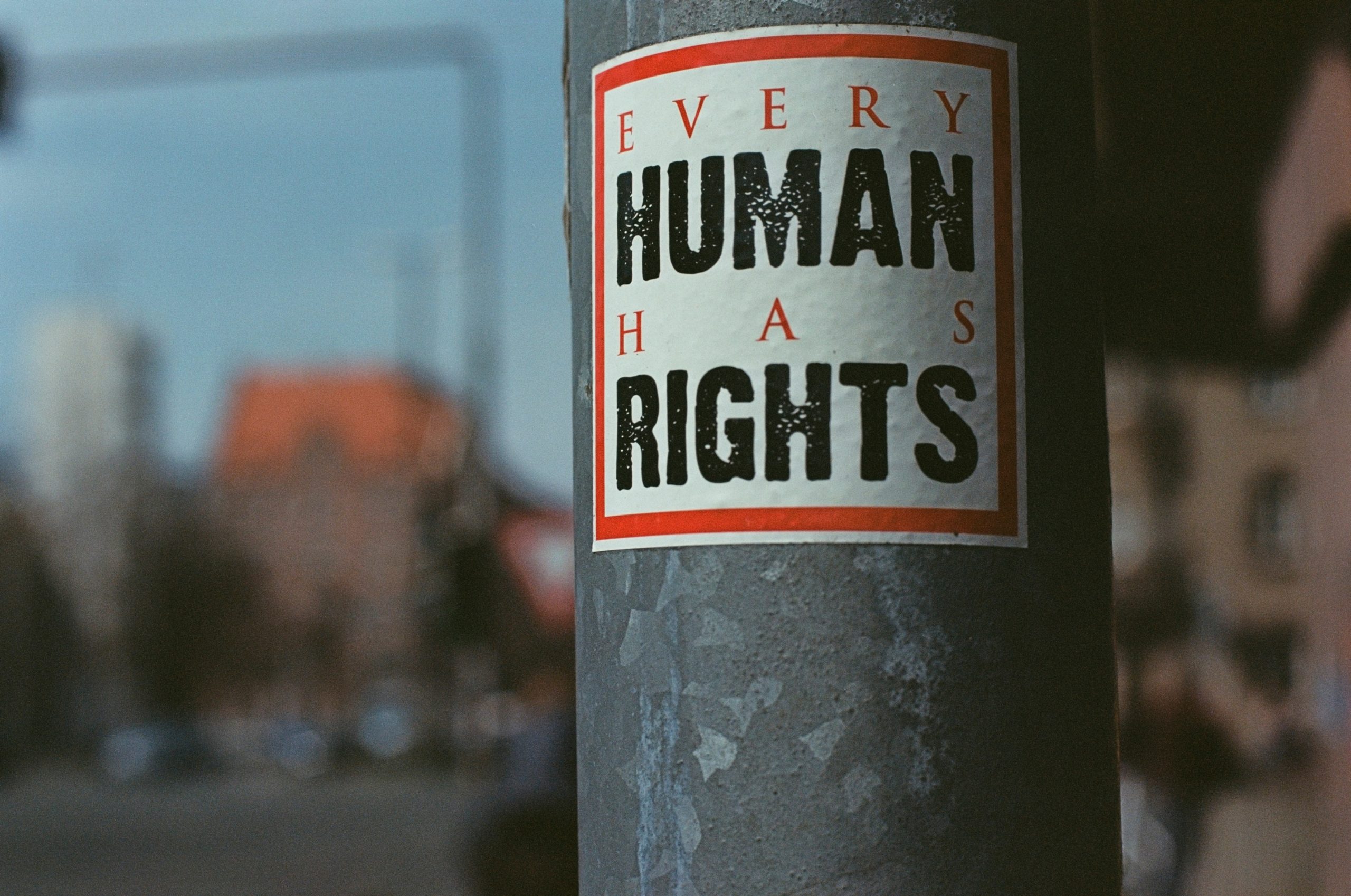
Socio-political trauma
Socio-political trauma is often used to describe the pervasive effects of discrimination and social injustices on vulnerable populations.
How do society, politics, and history contribute to the creation and continuation of individual, intergenerational, and collective trauma? How do NGOs conceptualise socio-political trauma?
Jordanne Edwards is a social worker and international development professional. As a doctoral student in social work and community-based interventions at the Institute for Social Research and Interventions of the University of Luxembourg, she is conducting research with NGOs to explore the emergence of socio-political trauma.
The emerging concepts of social trauma and healing in community work
Trauma is not merely an individual experience. It is part of the wider social systems that define our lives. The intersection of the identities we carry, often construct our social context and reality. The social context includes a person’s social identity (age, gender, race, ethnicity, class, sexual identity, disability or religion), where they live, their peers and their community. As such, we all belong to groups. Whether or not we identify with them, they shape our identity.
While trauma can affect any social group, research tells us that people from marginalised social groups face conditions that make them more vulnerable to traumatic events.
Jordanne is interested in community-based practices, collective trauma and international development. As part of her PhD, she is conducting ethnographic research to analyse the pervasive effects of discrimination and social injustice on vulnerable populations.
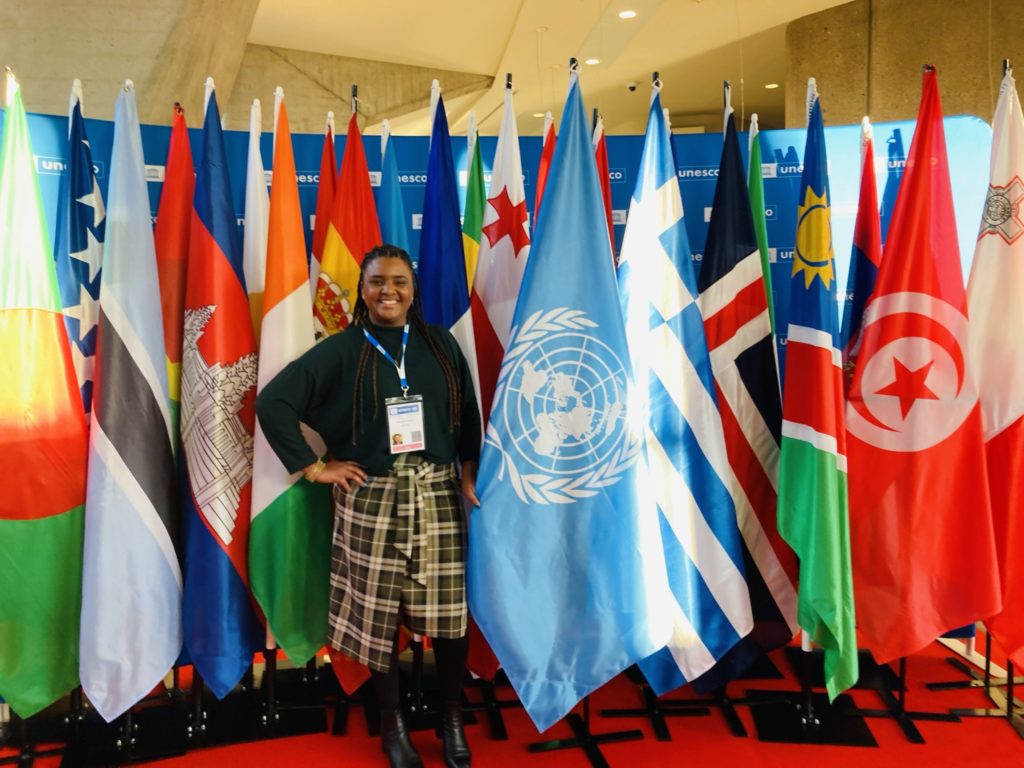
I hope that my research helps society to expand its understanding of the complex effects of social injustices and human rights based issues. I also hope that it will help to improve how NGOs understand and respond to the communities they work with.
Jordanne Edwards
A close relationship with research
Jordanne moved to Europe from Jamaica to pursue her Masters in Advanced Development in Social Work. As part of an Erasmus Mundus+ programme, she studied in four countries, i.e. England, Denmark, Portugal and France. For her Master’s thesis, the Jamaican researcher explored the concept of social trauma by working with NGOs working with LGBTQ+ people and women who were victims of human trafficking.
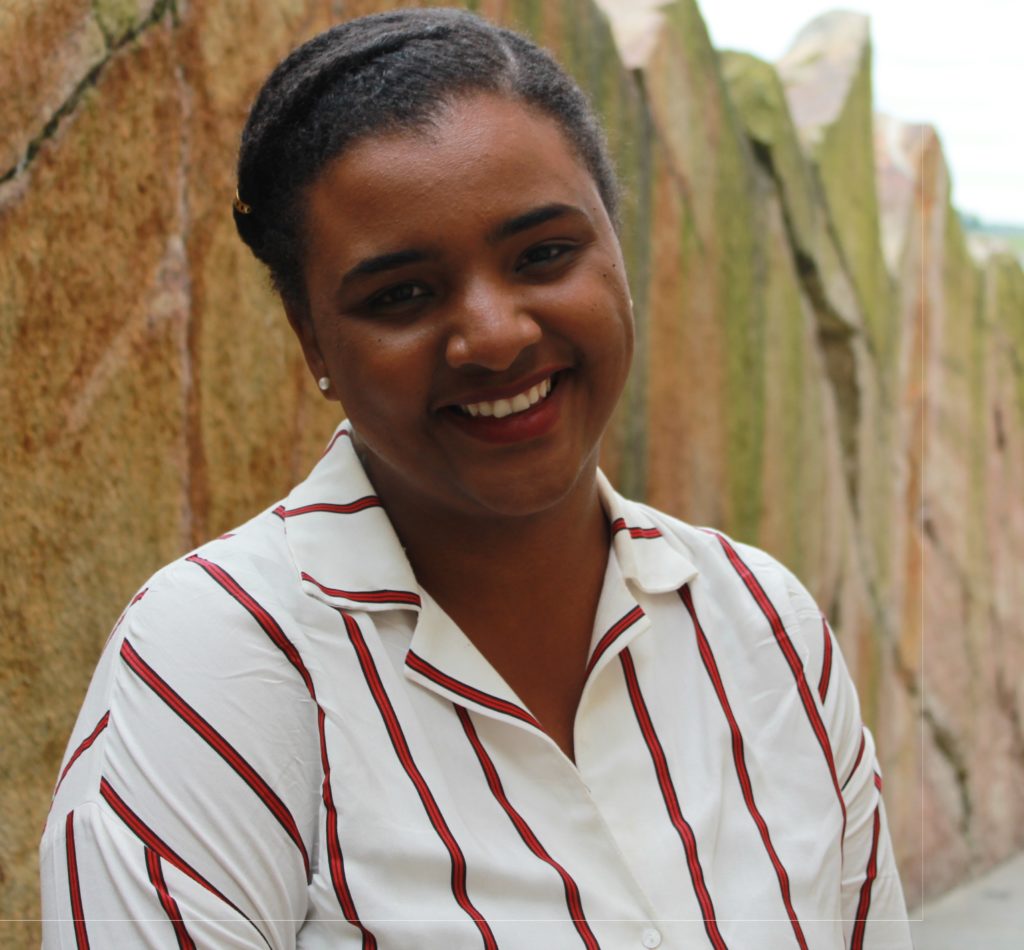
I really felt like my research was impactful because it was addressing a gap between social work practice and international development.
Jordanne Edwards
Upon graduation, Jordanne stayed in Paris where she worked at UNESCO Headquarters for a year before moving back to Jamaica. Her professional experience allowed her to see the relevance of her research. Returning to her homeland gave her more time to work on her research project.
I’ve always had a close relationship with research. Even outside of academia, research informed the work I did in my professional practice. In International Development and Social Work, it’s important to conduct research for reports and formulating programme strategies. It became clear to me how helpful research can be in bridging the gaps between knowledge and practice.
Jordanne Edwards
High quality resources to conduct ethical, rigorous and impactful research
Jordanne believes that the environment of Research Luxembourg favours interdisciplinarity and collaboration. Case in point: her supervisory committee includes a political scientist, a social worker and a sociologist. As her research focuses on the socio-political contexts surrounding trauma in NGOs, it is very useful for her to have experts from each of the fields that intersect in her research topic.
The University of Luxembourg also offers colloquia and her department frequently organises research workshops, thus creating a climate of exchange and collaboration.
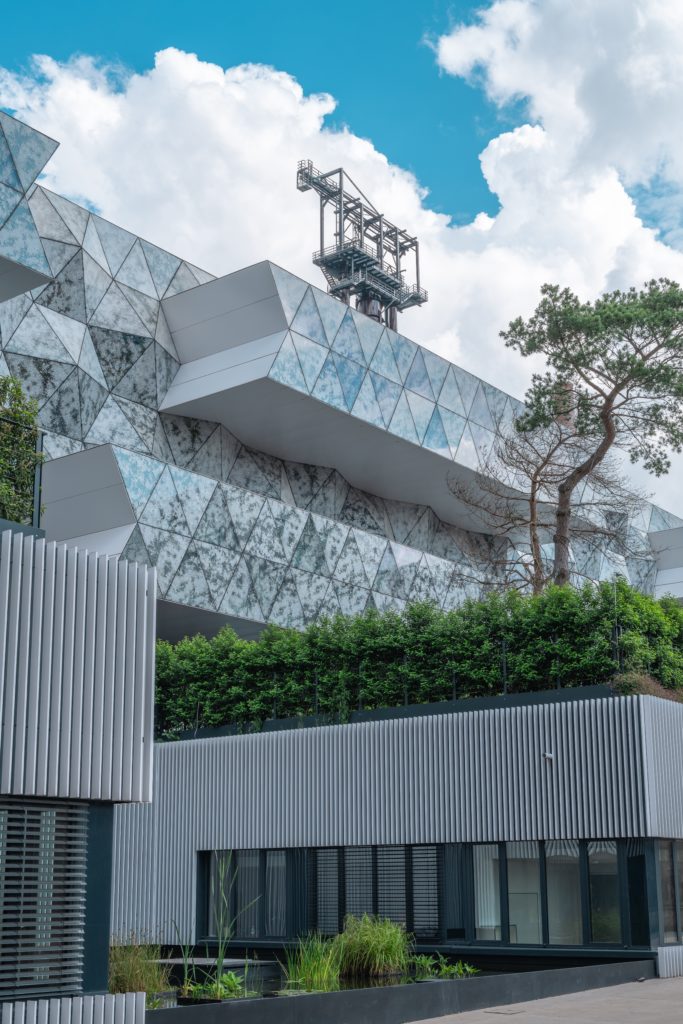
Doing research in Luxembourg has been a great experience for me. The university offers high quality resources needed to support and conduct ethical, rigorous and impactful research. Because of its diversity, researchers are surrounded by an array of topics, communities and questions to explore.
Jordanne Edwards
A multilingual country
Jordanne moved directly from Jamaica to Luxembourg. Before coming here, she was afraid she wouldn’t make friends because it was in the middle of the pandemic. But surprisingly, she made friends easily from the start. She thinks the environment is quite open and friendly, especially in Esch-sur-Alzette. She really likes the sense of community and closeness, which reminds her of how she grew up in Jamaica.
Luxembourg ticks all the boxes for me! Having lived in Paris for two years, I wanted to be in a working environment that was English friendly but where I could continue to improve my French language skills; while also being surrounded by other languages and people from different cultural backgrounds. Luxembourg also has many EU institutions and NGOs that are very relevant to my research topic. It’s been very informative and exhilarating to connect with these various institutions for my fieldwork.
Jordanne Edwards









